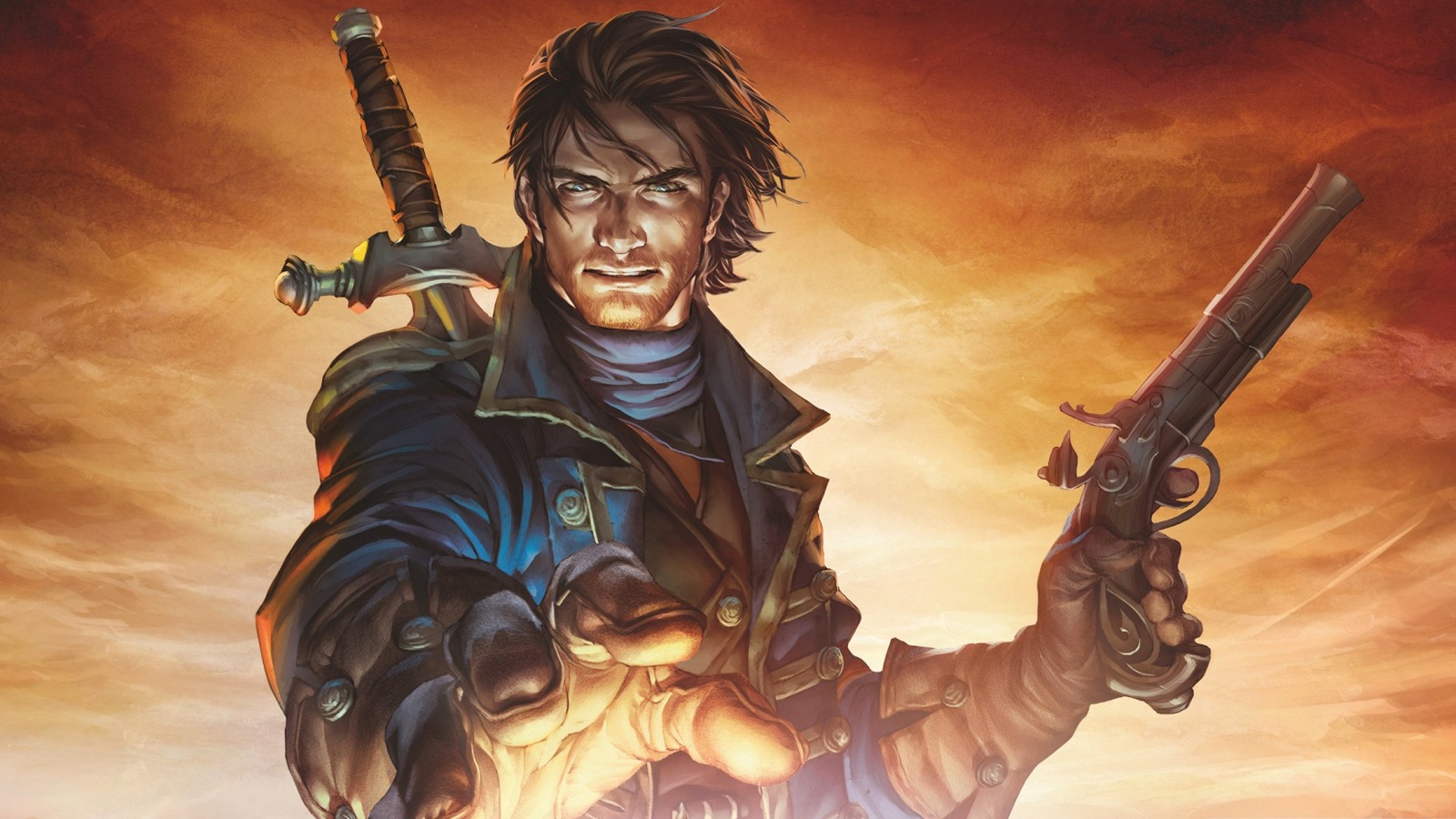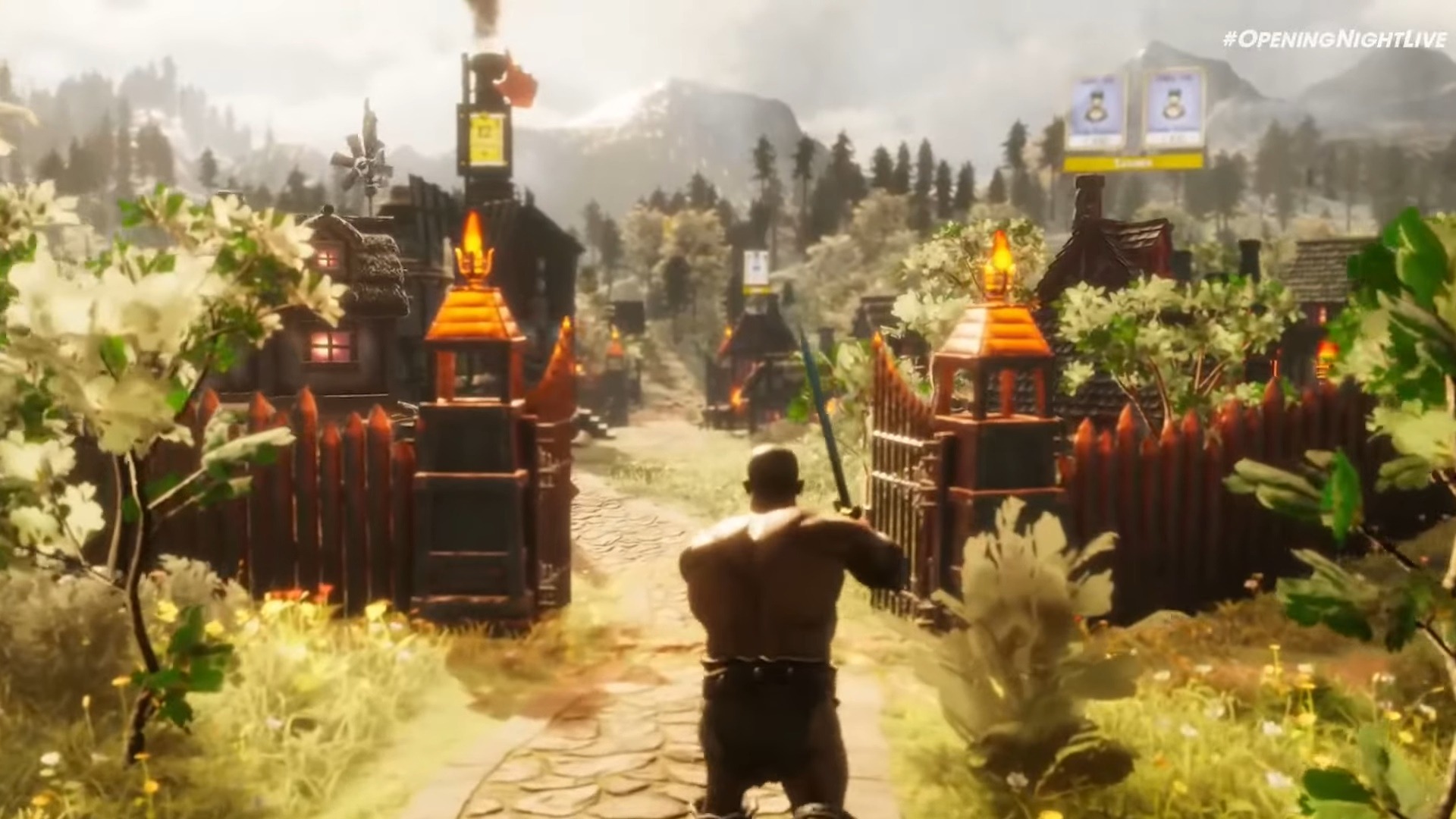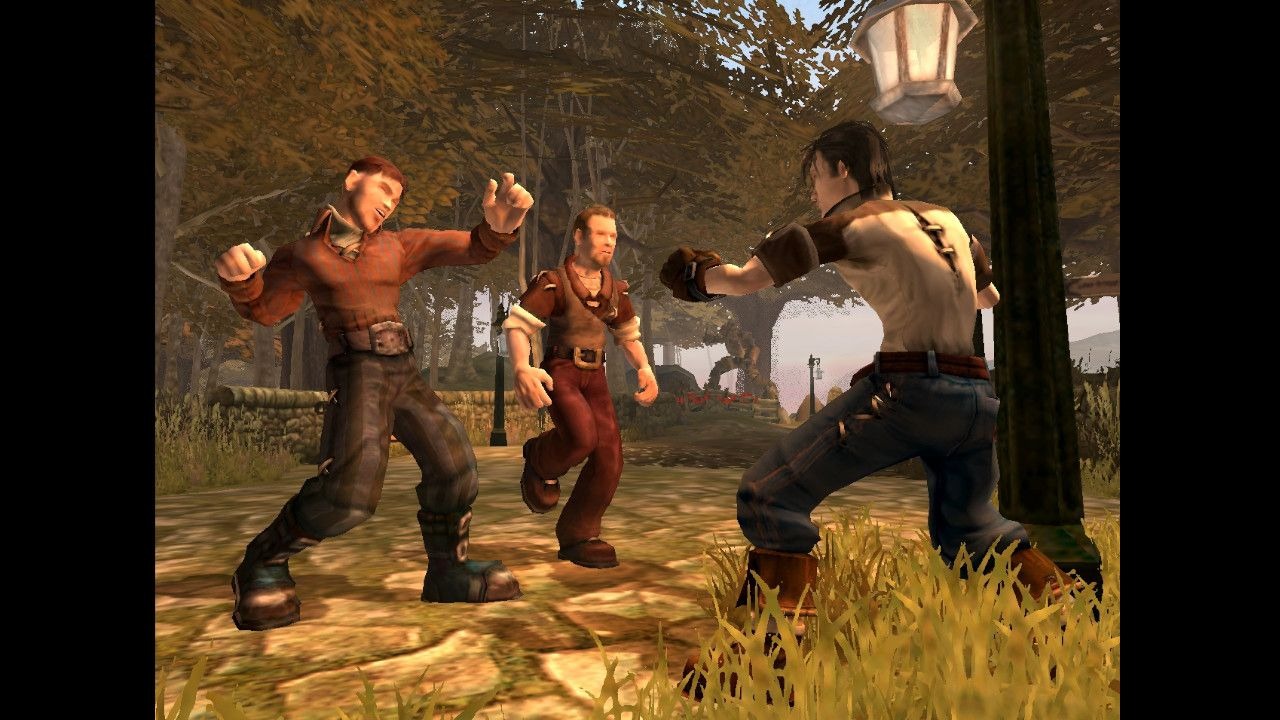Gaming Visionary Peter Molyneux Slams EA Corporate Culture: A “Dreadful Mistake” that Crushed Innovation
Popular Now
 Grand Theft Auto VI
Grand Theft Auto VI
 Minecraft
Minecraft
 Sonic the Hedgehog™ Classic
Sonic the Hedgehog™ Classic
 Valorant
Valorant
 Free Fire
Free Fire
 Gacha Club
Gacha Club
 Poppy Playtime
Poppy Playtime
 Garena Free Fire: Kalahari
Garena Free Fire: Kalahari
 Brawl Stars
Brawl Stars
 Among Us
Among Us
 Gaming legend Peter Molyneux, the creative force behind landmark franchises like Populous, Dungeon Keeper, and Fable, has provided a searing critique of his time in the corporate hierarchy of Electronic Arts (EA), famously acquired Bullfrog Productions, his original studio, in 1995. In a candid interview with Edge magazine (Issue #416), Molyneux did not mince words, describing his initial exposure to the publisher’s business strategy and executive decision-making as a profound disappointment that ultimately led to the demise of the influential studio.
Gaming legend Peter Molyneux, the creative force behind landmark franchises like Populous, Dungeon Keeper, and Fable, has provided a searing critique of his time in the corporate hierarchy of Electronic Arts (EA), famously acquired Bullfrog Productions, his original studio, in 1995. In a candid interview with Edge magazine (Issue #416), Molyneux did not mince words, describing his initial exposure to the publisher’s business strategy and executive decision-making as a profound disappointment that ultimately led to the demise of the influential studio.
The developer’s remarks are a significant moment of reflection on the often-turbulent relationship between creative game development and the financial pressures of major corporate publishers. Molyneux’s unfiltered comments offer a rare look behind the curtain of the high-stakes world of video game mergers and acquisitions, a topic with high-value CPC (Cost Per Click) relevance in the gaming industry news cycle.
 The Boardroom Shock: “They Were Just Idiots”
The Boardroom Shock: “They Were Just Idiots”
Molyneux’s recollections of his first EA board meeting as a Vice President after the Bullfrog acquisition in 1995 paint a picture far removed from the sober, strategic environment one might expect from a multi-billion dollar entertainment company.
- Corporate Disillusionment: The famed designer stated he “was crushed with disappointment” at the reality of the corporate structure, having expected a professional atmosphere. Instead, he found a scene of corporate immaturity.
- “School Playground” Atmosphere: Molyneux lamented that the environment “was like the school playground,” populated by individuals he characterized as “just idiots—people jumping on tables and shouting. Not what I’d expected at all.”
This incompatibility with the corporate life was a major factor in Molyneux’s premature exit from the company. Frustrated by the corporate friction—including pressure from EA to rush the development of his masterpiece, Dungeon Keeper—Molyneux famously penned an ill-advised, drunken resignation email in 1997, sent to then-EA CEO Larry Probst. This impulsive act immediately severed his ties with the studio he had founded and loved, a move he admits was “very difficult” and deeply unprofessional.
 Bullfrog’s Closure: A “Dreadful Mistake” and the Loss of a Creative Culture
Bullfrog’s Closure: A “Dreadful Mistake” and the Loss of a Creative Culture
Molyneux’s criticism extends directly to the ultimate fate of Bullfrog Productions. Despite his own departure, Molyneux remains convinced that EA’s decision in 2001 to fully integrate and effectively close the studio was a disastrous long-term strategic error.
The Context of the Closure:
- Post-Molyneux Instability: After Molyneux left to co-found Lionhead Studios, a number of other key creative personnel followed, which naturally created significant internal instability at Bullfrog.
- Focus on Franchises: Under EA’s ownership, the remaining Bullfrog team was increasingly pressured to focus on sequels (Dungeon Keeper 2, Theme Hospital) and licensed titles, a shift away from the radical innovation that defined their early success with games like Populous and Syndicate.
- The Final Act: By 2001, Bullfrog Productions was fully merged into EA UK, ceasing to exist as an independent creative entity. The closure scattered a phenomenal concentration of UK development talent, leading to the foundation of other studios like Mucky Foot Productions.
Molyneux’s assertion that the closure “was a dreadful mistake” resonates with many long-time fans and industry watchers. Bullfrog was a legendary incubator of original concepts—a genuine innovator in the real-time strategy (RTS) and “god game” genres—and its systematic dismantling is often cited in discussions regarding the negative impact of large-scale corporate consolidation on smaller, creatively-driven studios in the digital entertainment space.
The Long-Term Legacy: Innovation vs. Corporate Mandate
The narrative of Bullfrog Productions remains a cautionary tale in the business of games. Molyneux’s latest comments reinforce the belief that the unique, highly experimental culture of the studio was fundamentally incompatible with the standardized, mass-market focus of a publisher driven by quarterly earnings and predictable return on investment (ROI).
This discussion of the 2001 closure highlights a continuous and critical industry challenge: how to preserve the delicate ecosystem of creative talent within the often-brutal demands of triple-A game development. Molyneux’s vision, which led to a diverse catalog of games that influenced the next generation of developers, contrasts sharply with the corporate machine that he felt crushed genuine innovation.
Now, as Molyneux prepares for what he suggests will be his final game, the city-builder Masters of Albion, his reflection on his past—from the unprofessional corporate theater of EA board meetings to the premature end of Bullfrog—serves as a powerful, high-SEO-value commentary on the price of creative freedom in the modern global gaming market.









